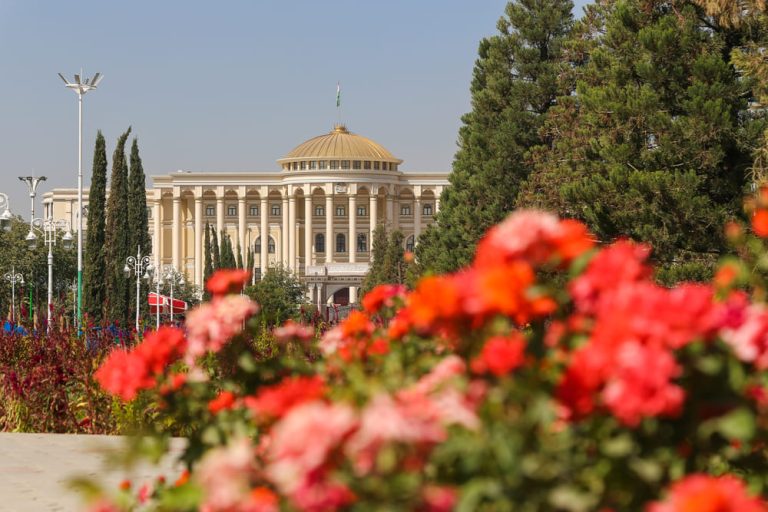Nepal’s ruling parties have agreed to introduce five ordinances in the Upper House of Parliament. The decision was made during a meeting at Prime Minister Pushpa Kamal Dahal’s official residence in Baluwatar. However, a land-related ordinance has been dropped due to strong opposition from some members of the ruling alliance.
Agreement Among Ruling Parties
According to government sources, ruling alliance members gathered on Saturday and reached a consensus to advance five of the six proposed ordinances. Home Minister Ramesh Lekhak confirmed the decision, stating, “Five ordinances will be tabled in the National Assembly on Tuesday.”
The ordinances set to move forward include key amendments to governance, finance, business, and investment laws. However, the ordinance related to land was put on hold after two Madhesh-based parties, the Janata Samajwadi Party Nepal (JSPN) and the Loktantrik Samajwadi Party (LSP), strongly opposed its provisions.
Dispute Over Land-Related Ordinance
The land-related ordinance was introduced earlier this year to update existing land laws. It aimed to implement significant reforms, particularly those affecting landless individuals and marginalized communities. According to The Kathmandu Post, the exact details of the amendments have not been publicly disclosed. However, government insiders suggest that the ordinance includes policies to provide land ownership to underprivileged groups.
The JSPN, led by Upendra Yadav, and the LSP, headed by Mahantha Thakur, have opposed the ordinance, claiming they were not consulted before its introduction. Both parties represent large sections of the Madhesi population, which has historically faced land ownership issues. Their support is crucial, as the government lacks a majority in the National Assembly without their cooperation.
Government Faces Challenges in the National Assembly
Although the ruling coalition holds a clear majority in the House of Representatives, securing a majority in the National Assembly is a different challenge. The government has been engaging in discussions with the JSPN, which has three seats in the Upper House, to resolve differences over the land-related ordinance.
Home Minister Lekhak remains optimistic about the alliance’s strength. “The discussions have been positive, and we are confident that all the ordinances will move forward in the National Assembly,” he said.
Possible Amendments and Next Steps
Sources suggest that the government may modify certain provisions in the land-related ordinance to address concerns raised by the Madhesi parties. This would allow the bill to be reintroduced at a later stage.
As per Nepal’s constitutional provisions, ordinances must be endorsed by Parliament within 60 days of the session’s start. If not, they must be replaced with formal bills. The ordinances set to be presented in the Upper House cover:
- Good Governance and Public Service Delivery – Focuses on administrative reforms and improved public sector services.
- Economic Procedures and Financial Responsibility – Introduces regulations for fiscal management.
- Privatization Ordinance – Addresses privatization policies and restructuring of state-owned enterprises.
- Economic and Business Improvement and Investment Promotion – Aims to create a favorable environment for businesses and investors.
In addition, a previously issued ordinance amending the Cooperative Act remains under consideration. This ordinance, introduced in December, seeks to strengthen regulatory oversight in Nepal’s cooperative sector.
Historical Context of Ordinances in Nepal
The government’s use of ordinances has been a subject of debate in Nepal. Successive administrations have relied on ordinances to bypass lengthy parliamentary procedures. However, this approach has faced criticism for sidelining the legislative process.
The opposition parties argue that the government should prioritize discussion and consensus-building instead of rushing ordinances. Meanwhile, government officials defend the practice, citing the need for urgent policy changes in sectors like land reform, governance, and economic regulation.
Political Implications
The handling of the land-related ordinance could impact the stability of the ruling coalition. The Madhesi parties hold significant influence in Nepal’s political landscape. If their concerns are not addressed, they may withdraw support, complicating legislative processes for the government.
Observers suggest that the ruling alliance must tread carefully to maintain its majority in the Upper House. The ongoing negotiations will determine whether the government can move forward with its legislative agenda without internal conflicts.
For more updates, visit Nepal Monitor.


